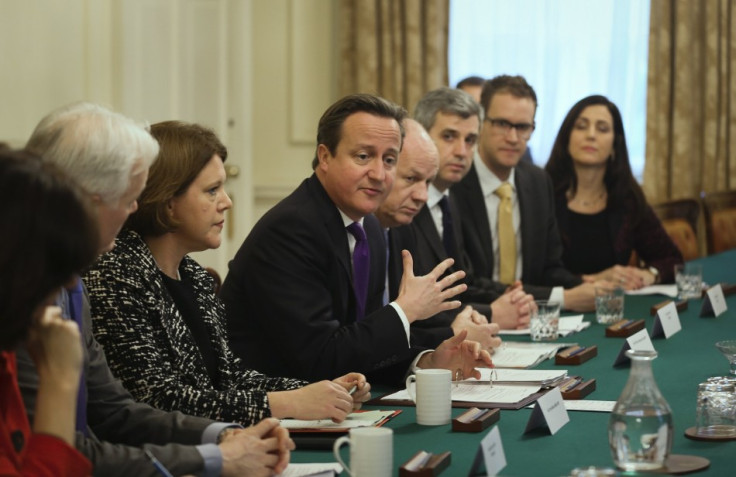GCHQ and NSA Join Forces to Hunt Paedophiles on 'Dark Net'

Technology experts from government intelligence agencies will join forces to track down and unmask paedophiles who share child abuse images anonymously on the 'dark net'.
Specialist code breakers from Britain's GCHQ and America's NSA have been charged with decrypting messages sent through the Tor network, a search engine that allows users to send content untraceably, and pay with a virtual currency called 'bitcoins'.
They will be supported by experts from technology giants Google, Facebook and Microsoft in the initiative, which will be announced tomorrow by Damian Green, the UK Home Office minister responsible for combating online child abuse, and Mythili Raman, acting assistant US attorney general.
Speaking to the Sunday Times, Green said: "These are very hardcore criminals who either commercially, or just because that's what they do, are exchanging these images... They have gone to the trouble of being technically proficient enough to know about the dark web and to operate within it.
"The point of the task force is to allow us to get inside the dark web and take action against people who are already experienced and proficient exchangers of child abuse images. We are putting the best brains around the world into the act of stopping it."
He said that as many as 50,000 Britons were accessing child abuse images online, many through the dark net.
"GCHQ and the NSA are the best in the world at encrypting things," Green said. "Therefore they are the best in the world at un-encrypting things. We think this is so important that we are using the technological skills we use to keep ourselves safe against... criminals who abuse children for money or pleasure.
Experts believe that instead of storing pictures on the hard drives of their computers, many paedophiles avoid detection by storing abuse images in "clouds", online storage facilities that can be accessed from any computer. The task force will also attempt to break the encryption codes used to keep "clouds" secure, and unlock their content.
Other measure include plans to create a database of child abuse images, so that pictures can be checked against those of missing children, making it easier to free them from abductors.
The initiative comes after experts warned the government that efforts announced by Google and Microsoft to erase child abuse images from their servers would do little to defeat online child abuse.
In November, Jim Gamble, former chief executive of the Child Exploitation and Online Protection Centre (CEOP), told the BBC: "I don't think this will make any difference with regard to protecting children from paedophiles. They don't go on to Google to search for images. They go on to the dark corners of the internet, on peer-to-peer websites."
© Copyright IBTimes 2025. All rights reserved.






















